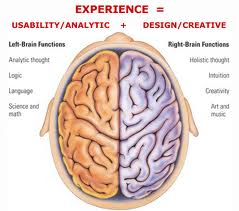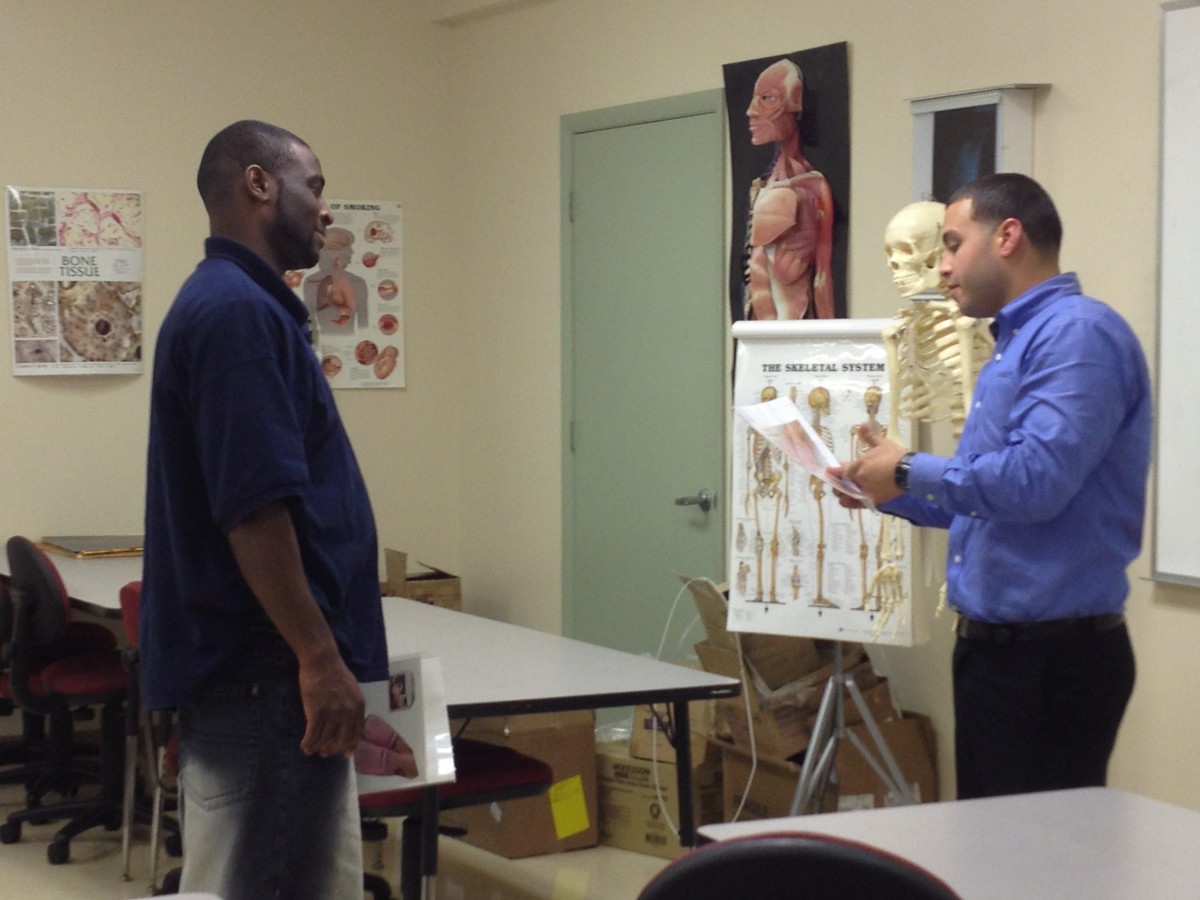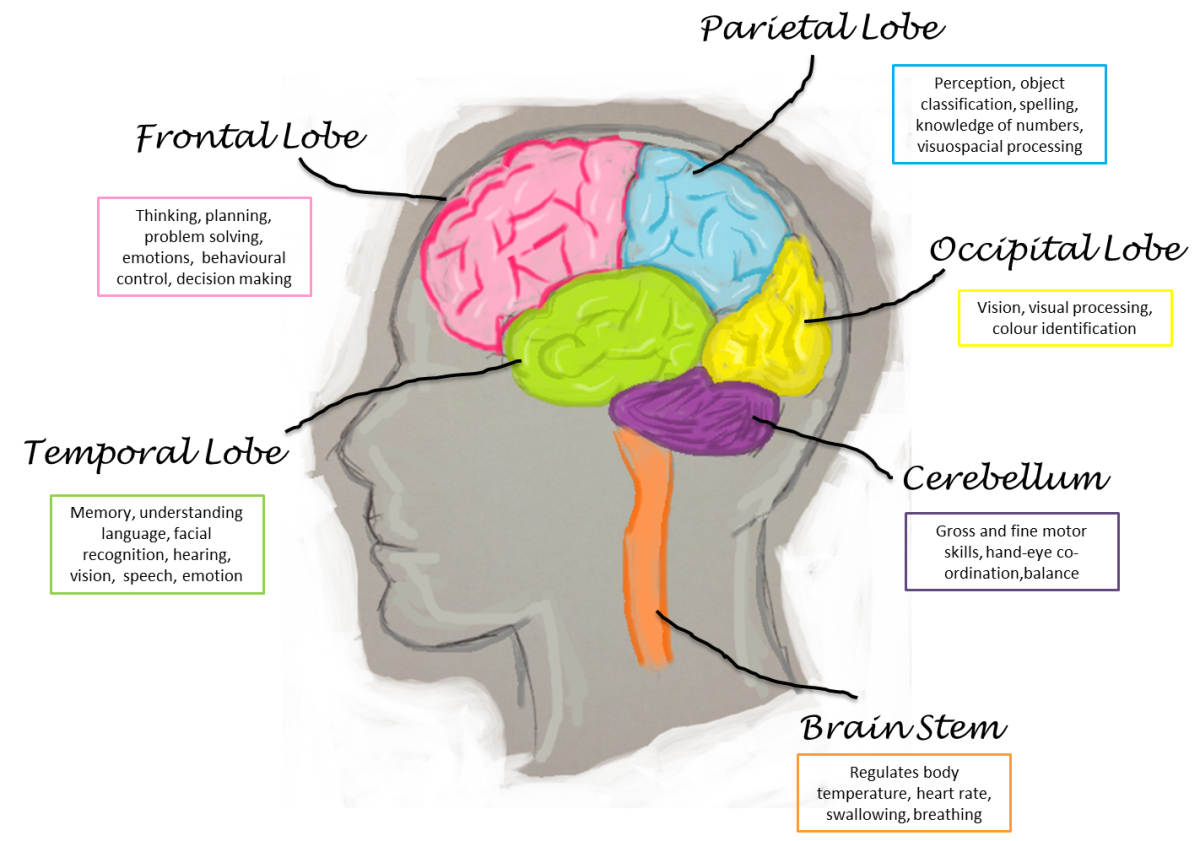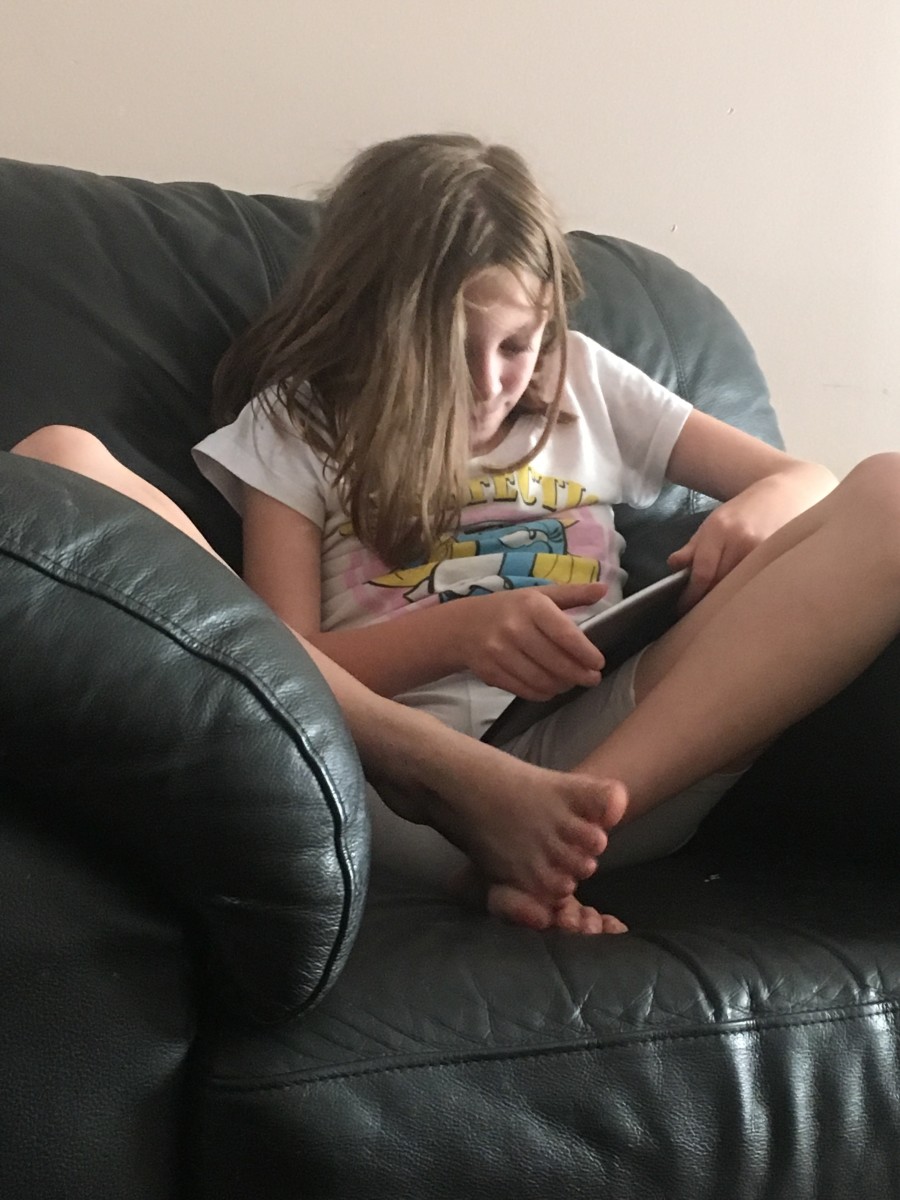- HubPages»
- Family and Parenting»
- Parenting Skills, Styles & Advice»
- Parenting Advice & Tips
Cultivating Listening Skills, 5 tips
Communication
Communication is really based in communing, passing on information or a connection. That means people of like interests get together and spend time to dialog about something of interest, news, events, people, places or whatever joins them.
They can be of different opinions but are willing to sit down and discuss it anyway. It is sharing.
Communication is enhanced by listening it drives a conversation, it helps people!
Real communication is built on trust and respect!
Most of us really speak to those who we feel are really listening. We go beyond just the surface pleasantries, conveying deep thoughts and emotions.
This involves being able to give the person back all the points they made in a short version.
Conversation
In our modern society where we multitask most of the day and into the night, stay pumped up on adrenaline and whatever else, i no longer wonder where we lost the art of listening.
Such basic common courtesies are things that now have to be re taught and re stressed as a part of cultures, whether it is family, professional, or otherwise because somewhere we have lost the most basic of principals about how we treat one another.
We tend to over talk, cut each other off in mid thought or sentence because we no longer respect what the person has to say or we have a need to hear ourselves rebut, refute or convince the other individual of something that we have found insightful.
This tends to be rude, obnoxious and selfish.
How to combat this is the rising question among those who are wondering what is going on with society.
We know it does begin with listening and communication.
Yet instead of stressing listening more than talking we have fallen into a society of 'selfies', where it is all about us. Have you noticed that as much as we talk about wanting to contribute to something all we talk about is ourselves, take pictures of ourselves, brag about our selves and announce to the world what is going on with ourselves.
At some point we must return to balance.
Everything even the 'good' we do is based on what we want, how it will affect us and our own gratification, instant or not.
Listening
What is it really?
What does it consist of, what are the steps to developing good listening skills?
What is the reason we listen?
Forms of listening
- Mimicry
- Parroting
- Mirroring
These tend to exemplify a learning type of listening, that compliments the individual that is talking rather than the person listening.
There is something about the human psyche that gravitates to duplication, you know where one sees themselves reflected in some way, shape or form.
Mimicry, Parroting and Mirroring are forms of copying which is supposedly one of the highest forms of compliments to the one being copied. It also makes one feel relaxed and less stress if they feel as if they are seeing themselves.
These are also the ways that young children learn to communicate.
Listening
We have two ears and one mouth, so we should be listening two times as much as we talk. It is effective when the whole being is engaged.
Discussing something that people are really interested in also makes the difference in how attentive they are or if they are inclined to stay focus on what is being said.
Basic types
- active, engaged
- my own view point, so i can respond
- listen to the other person's point of view
- empathy - listening from the other person's point of view
It separates us from the animals
Human beings are supposed to be the masters of language and communication. A skill they spent all of human history honing to a perfection, from before the Tower of Babel.
Even God said because mankind all spoke the same language that it would be hard to keep them from accomplishing building a temple into the heavens or anything they could agree upon.
- Why talk?
To exchange ideas, thoughts
- Why listen?
To learn
- Why is information necessary?
For progress, growth
Although animals do communicate, it is only human beings that articulate words, in various forms, so that we have some understanding of each other.

What tools do you use when listening?
Active listening, Tips
Involves everything about the human mind as well as the organs that receive sound. It promotes the idea of allowing the other person to talk fully, and to finish their thought before you respond.
The body
positioning is very important to listening wholeheartedly to another person.
- face the person
- make eye contact
- gesticulate using hands
- minimize distractions
- soft tone
- moderate vocal volume
Respond properly
- encouraging words and sounds
- cue pr prompting words
- facial expressions
Everything about the human being shows engagement when it is listening or not.
We all hate to be ignored, that shows more than the fact that we are not listening.
Avoid
- not paying attention, outer distractions
- belittling, not worthy
- internal noise, concerns, inner distractions
We are constantly filtering out information. Trying to assimilate what we want to hear rather than what we need to hear.
Much of what we listen to turns out to be toxic and erroneous. So it needs to be sifted through or filtered when one is listening.
Show you listened
- repeat in cryptic notes, main points
- pose evoking questions
- further the conversation
Rewards of listening
- relationship building
- mutual concern
- sense of worthiness

Hearing vs listening
Hearing
Has to do with the ear, the outer ear, the inner ear, and all the parts that are the mechanical workings of the ear.
Medically speaking hearing has to do with the proper physical use of the organs that have to do with the function of receiving sound. The auricle or pinna catch the sound wave, it's the part that collects sounds, the part that can be seen, and can be handled.
It means that everything about receiving sounds, vibrations going through the middle ear or canal is perfect and these are passed down to the inner ear where the organs are doing their job meaning all the nerves are processing the necessary signals for the brain to understand.
Listening
Is a part of the EQ skill set. The Emotional Intelligence Quotient foundations are built upon listening skills, about being engaged with others beyond one's IQ.
It has to do with more than just the function of your organs that receive sounds. It also goes beyond the process of the vibrations and the signals that the brain receives and understands. Neither is it tricky.
Listening as we know has to do with more than just function .
What kind of listening do you do over 80% of your conversations?
Parts of listening
These are four basic parts of listening and the skills needed to make them work or to develop them to their fullest potential. Try them sometime.
Passive
- this is done distractedly
- background sounds
Active
- engages the whole body, yours and theirs
- minimizes distraction external and internal
- respond encouragingly
- focus on speaker
- sounding board, not fixing the problem
- allow complaints with rebuttals
- clear outcome
Therapeutic
- emotional
- feelings
- implied
Effective
- asking questions
- focus on body language
- putting it all together
Therapeutic listening
This engages the person on the emotional level. Gathering the meaning of what is being said, reading between the lines and providing the information implied in the dialog, instead of what was said.
Implied not spoken.
- support
- validation
- sense of understanding
- hear self speak to clarify something consciously
- self understanding
It also involves searching out aspects of a person's life, that helps solve or connect them to what is going on now, in the present for clarification and understanding.









